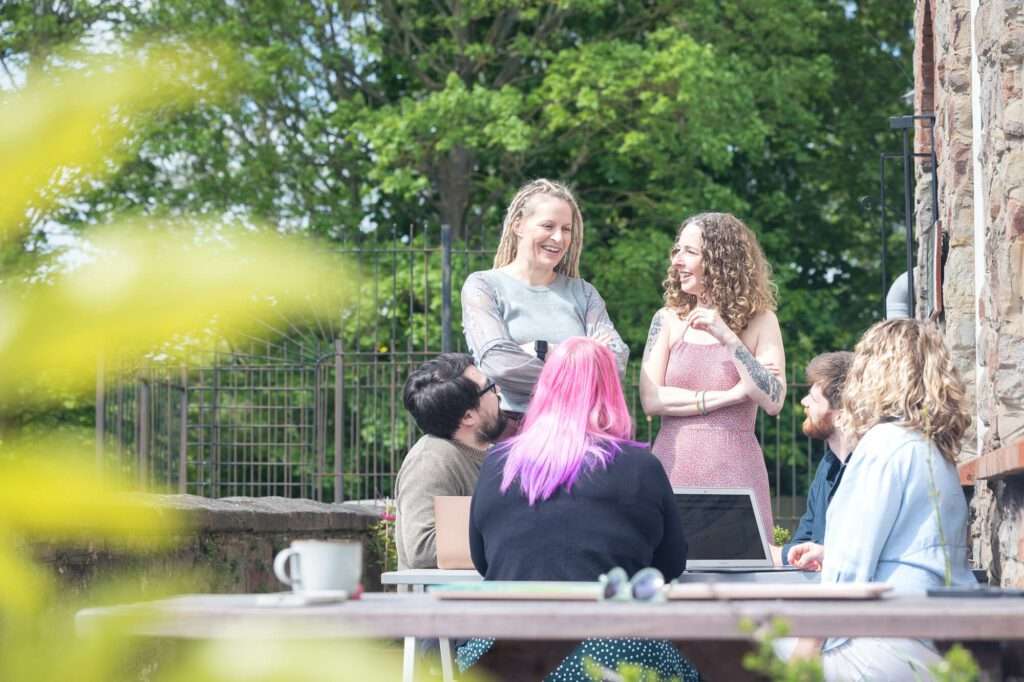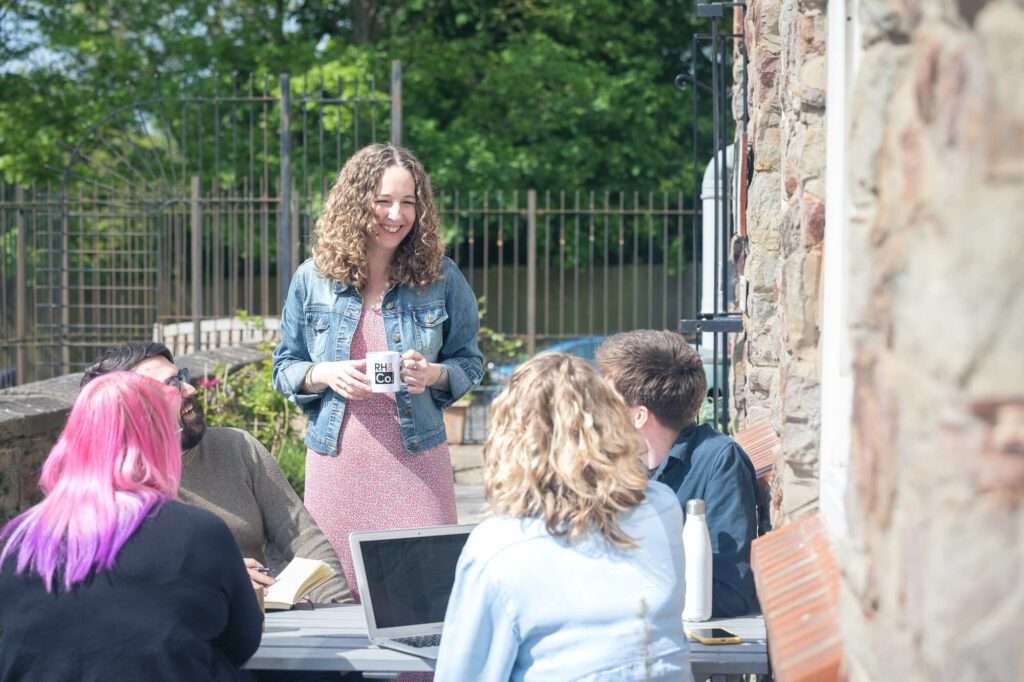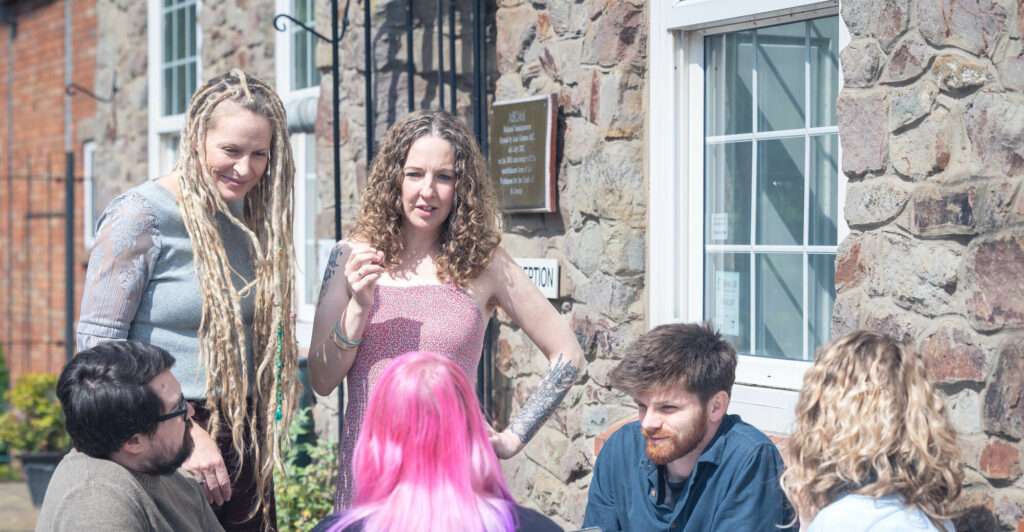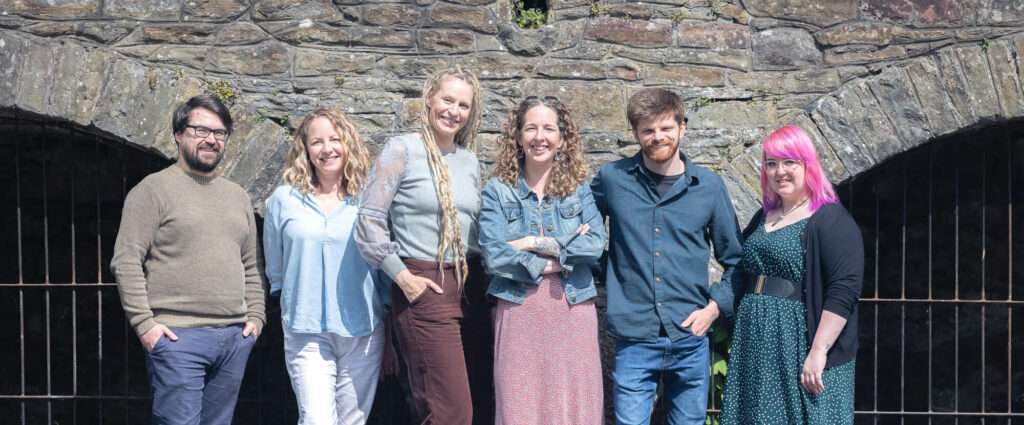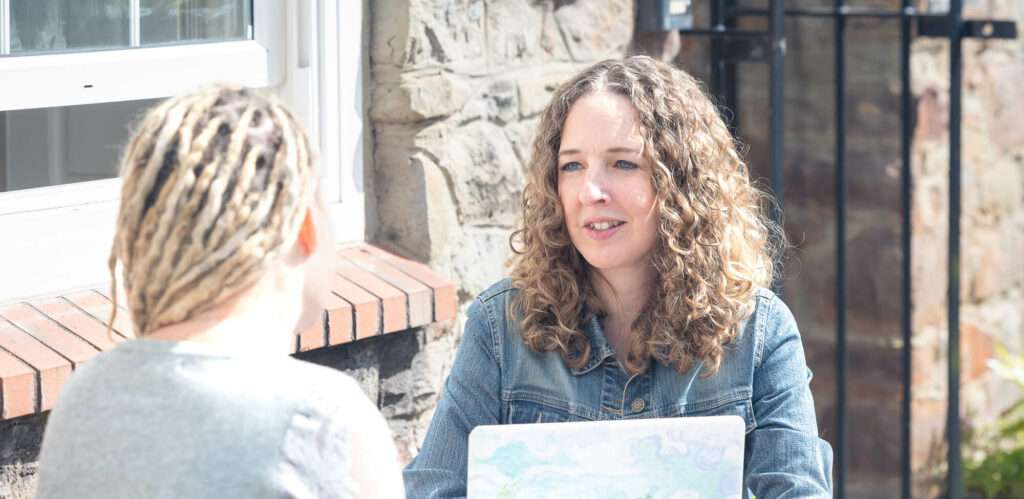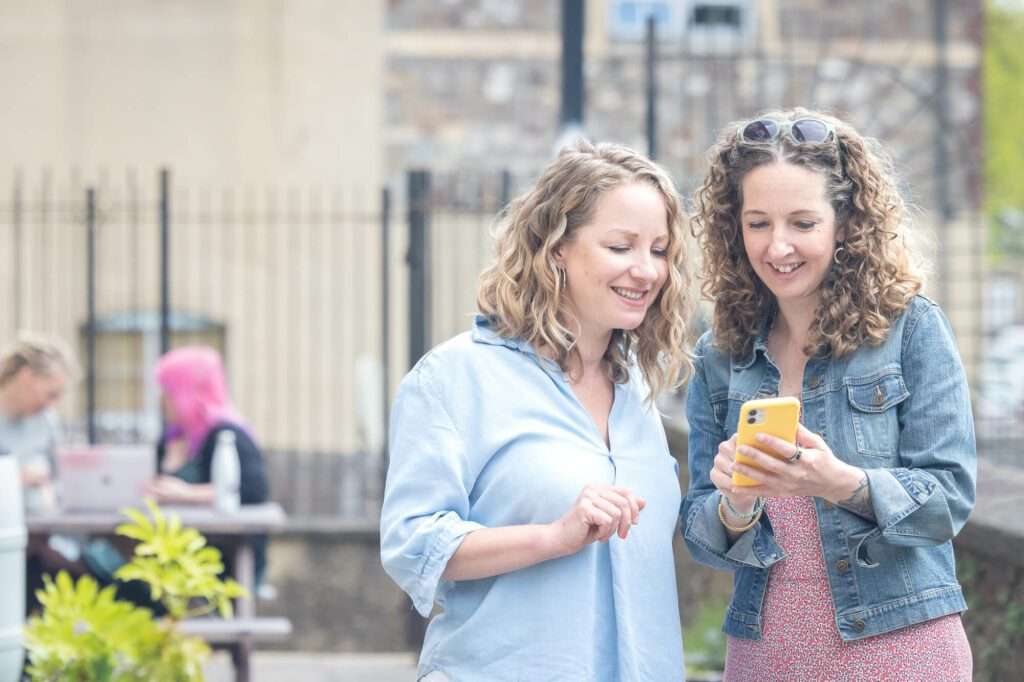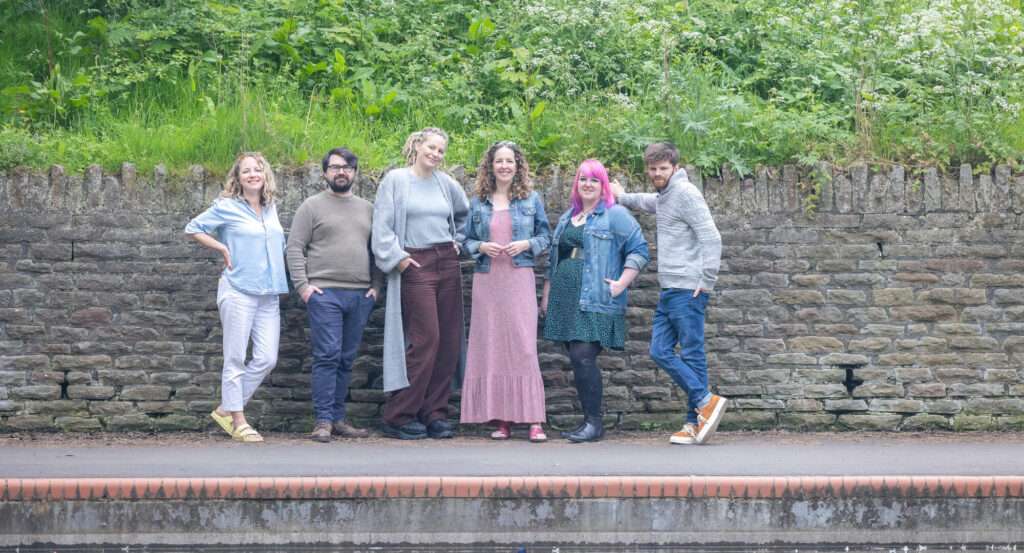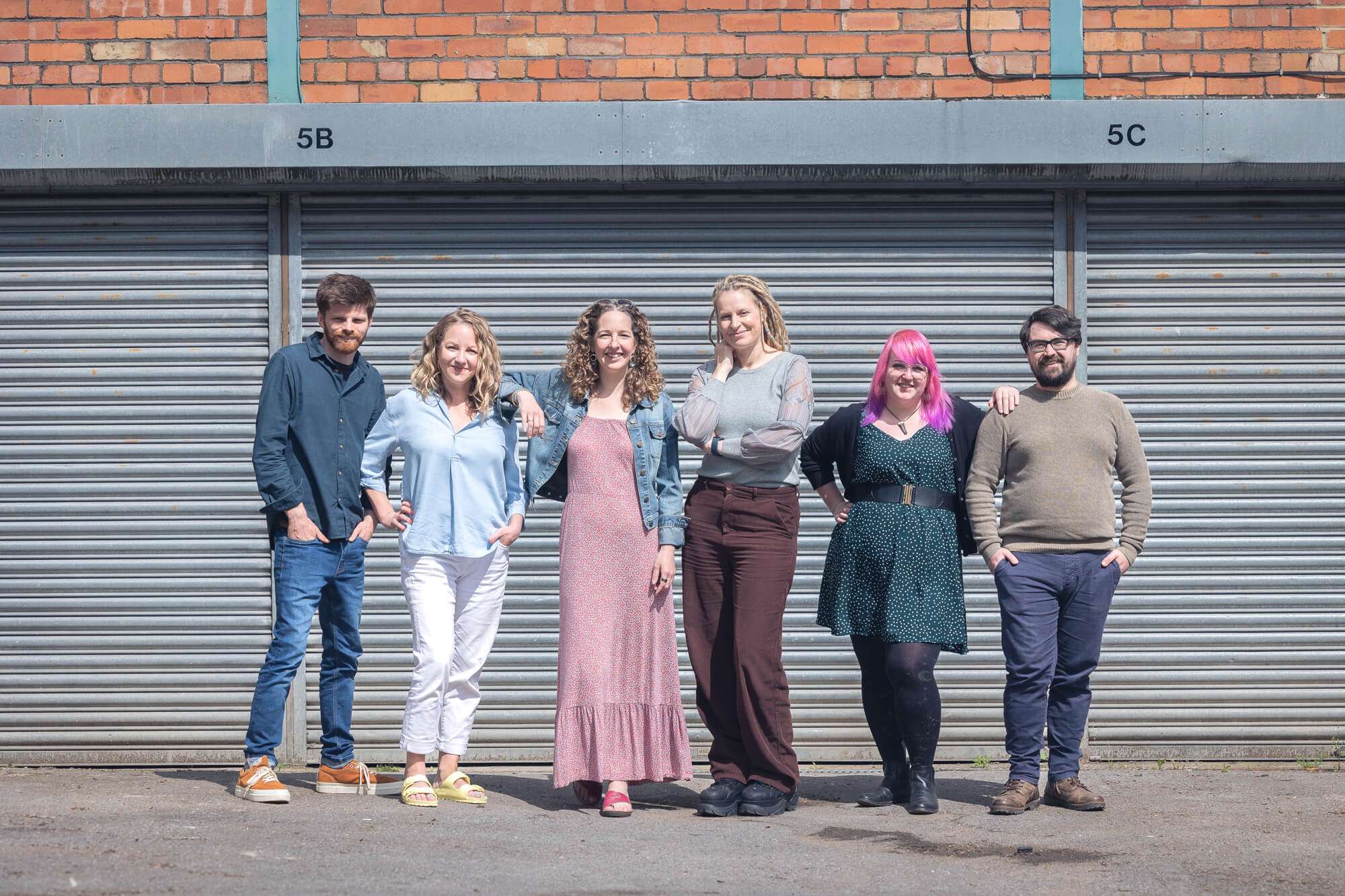
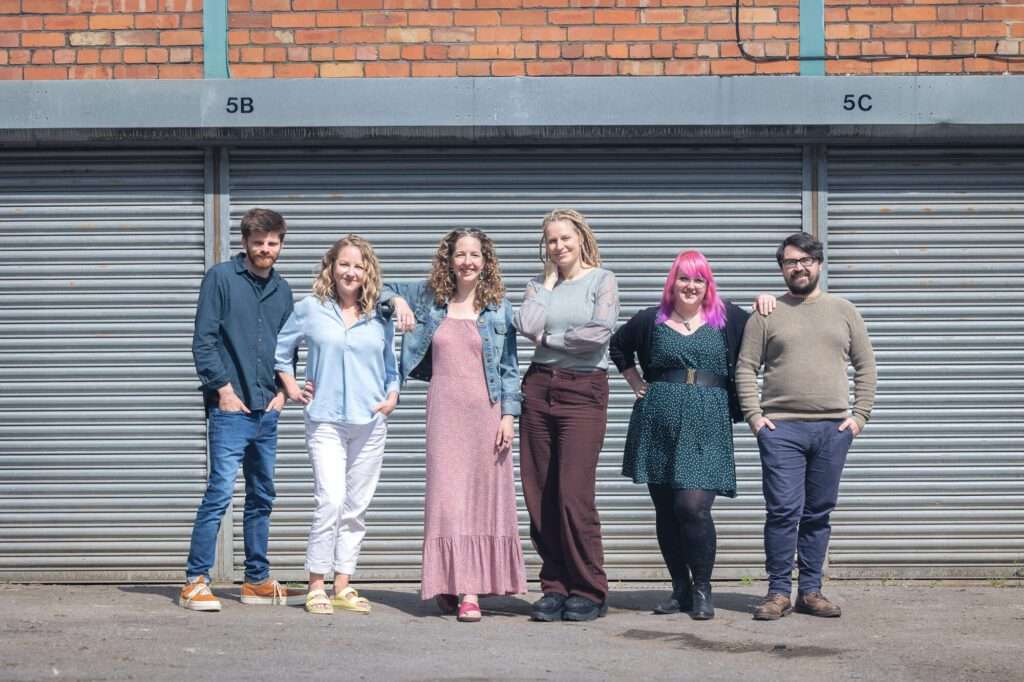
How to use content campaigns to establish your brand’s expertise
An artisan can display the beauty of their wares, a patissier can give out samples, but in many other fields – from B2B services to technology, sustainability and healthcare – we usually need to find another way to give away a little taste of the value we know we can add.
In such domains, you need to demonstrate that your brand is an authority in its field, that you’re the experts and can be trusted. To do this, you need to be thinking about sharing your expertise through content campaigns. After all, the best way to convince someone you’re an expert is not to tell them but to show them.
Think about the expert knowledge in your business like the free cube of cheese or thimble of wine at a farmer’s market – something you can use to entice people and demonstrate your quality. Once they bite, you won’t need to work nearly so hard to sell to them. They’ll have a far better idea of the quality they’re getting and whether it’s right for them.
So how do you go about establishing yourself as an expert using a content campaign? Here are some things to think about.
TL:DR
- Build your content campaign on lived experience and research – not theory
- Locate the sweet spot for your content campaign
- An example campaign: how to use expertise to win a new audience
- How we established our own authority with content
Build your content campaign on lived experience and research – not theory
Lots of people share theory. And theory is great. But theory is cheap, especially in a day when anyone can claim anything online. People can even use AI-generated content to skip the research and writing process.
If you’re making a pure SEO-play this can bring in traffic but if you want to show your words are worth trusting you need to speak to your audience in a way that ChatGPT could never achieve. For more on this, check our ebook why expertise based content wins in a cynical age.
In 2023, we surveyed 32 executives and senior decision makers in organisations. The vast majority said they won’t look at content shared with them by direct marketing (only 3% said they did). Instead most relied on their curated network to share only the most important articles with them.
It’s a noisy world, and it’s a cynical world as a result. These days, people aren’t asking, “What can you tell me?” they’re asking, “Who are you to tell me?”
Pitched right, your content campaign can answer that question.
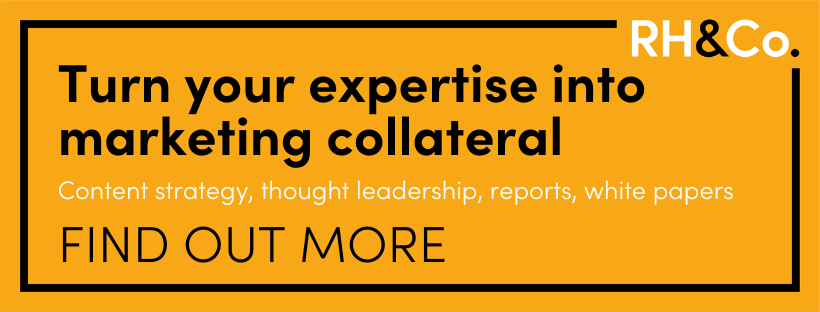
Locate the sweet spot for your content campaign
Before you can convince anyone you’re the authority in the room, you need to have a good understanding of what the room (ie your market) looks like, what counts as expertise within this space, and how much your team knows. Expertise is a positioning strategy and it’s not one just any brand can choose.
For instance, if you launch a healthcare app but don’t have any healthcare professionals or ex-clinicians in your team, and you haven’t completed any research in the field, your expertise is limited. In this case, frankly, you’re better off promoting your app’s design or features than your expertise.
That said, if your founder was a leading healthcare consultant, or if your team works alongside psychiatrists or GPs on a daily basis, you’ll want to bring their lived-expertise to the forefront of your content.
Their first-hand accounts, their learning, their experience, is the ticket to creating expertise-based content that’s impossible for your competitors to replicate.
Your job as a marketer is simply to tap into that expertise, and find out:
- How much overlaps with what your audience cares about
- How much overlaps with your wider goals as an organisation
What lies in the middle of that three-way Venn diagram should then form the foundation of your campaign.
An example campaign: how to use expertise to win a new audience
Let’s take a look at a theoretical expertise-audience-goals Venn diagram, and plan a campaign that just might work.
For example, imagine you’re a leadership development consultancy:
- Your expertise: Creating team momentum
- Your wider goals: Winning contracts with larger organisations
- Your audience cares about: Preparing for net-zero
Your sweet spot campaign theme might be something like, ‘How global brands can build net-zero momentum’. This clearly calls out your audience and links your expertise to their goals.
The campaign might include content such as:
- A top of funnel thought leadership article comparing team inertia with environmental inertia, which you might even want to submit to industry press.
- A top of funnel, highly researched lead magnet on “How global teams are getting to net zero”, anchoring your expertise in real life examples.
- Middle of funnel ‘how to’ articles on:
- How to integrate ESG-thinking into your executive team
- How to engage employees on sustainability
- How to handle change management on ESG issues
- A bottom of funnel article or case study about how your services can help with the above.
If you were the marketer running the campaign above, you might be concerned that, while you can draw on your internal experts for insights on team momentum, you may not know as much about reaching net zero.
However, you could interview an external net zero expert or two, whose expertise will complement yours. Chances are, this unusual blend of specialist expertise will result in content that’s not like anything else out there.
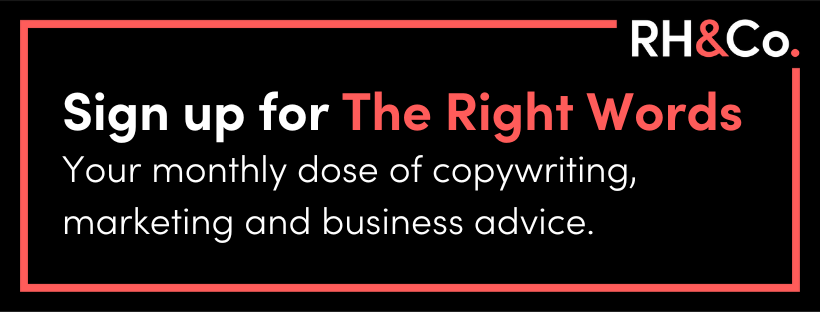
How we established our own authority with content
Back in 2022, RH&Co had established ourselves as an authority in content marketing and wanted to push harder to demonstrate our expertise as brand strategists.
In 2023 we made this a focus, releasing no less than five campaigns all reinforcing our role in brand strategy. As well as drawing together a tonne of anecdotes showcasing everything we’d learned from working with organisations in specialist sectors, we also interviewed dozens of external experts and conducted a survey of C-suite executives.
Over the course of the year, we:
- Conducted a roundtable with brand experts and startup advisers, forming a seven-part series that guides readers through the tumultuous startup to scaleup brand journey.
- Launched three campaigns tackling industry-specific brand challenges in technology, B2B services and sustainability.
- Published our flagship report, “What do CxOs read?” as part of a campaign tackling the elusive challenge of marketing to the C-suite.
We then found endless ways to repurpose all this content in videos, social posts, ads, e-books and outreach emails, ensuring we maximised the reach and impact of the content.
By the end of the year, the kind of enquiries we were getting had begun to shift. More people were taking us up on content strategy, high level messaging, positioning and campaign design.
More senior people started to engage with our content and share it. One marketing director landed on an article about value propositions and asked us to create a dozen for their organisation.
And much of what we’d written changed the way we spoke in sales conversations – enabling us to close bigger and more strategic projects.
If you’d like to create similar results for your own organisation, you can always work with us. And for more of our thoughts on how to run content campaigns, see our guide to involving experts in content creation or how to market to multiple stakeholders.
Back to hompeage


